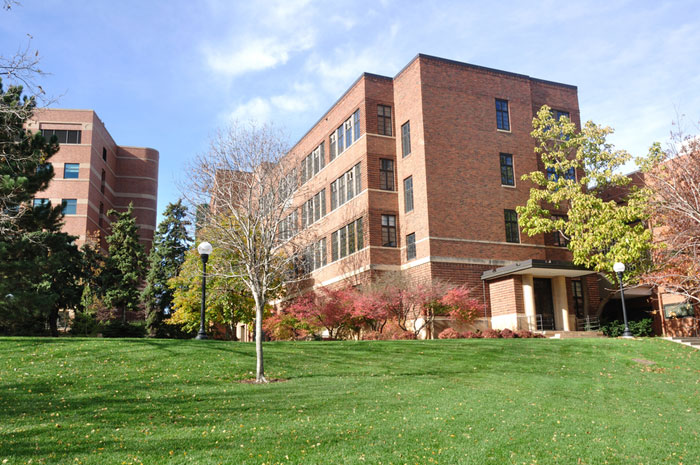Ready to Graduate? Tips for Asperger’s Students and Those Supporting Them
Hillary Adams and Jackie Clark presented “Bridging the Gap: Supporting Students with ASD as they Transition from College to the Workforce” at the 2014 Autism Society conference held in Indianapolis, Indiana. Representing the West Virginia Autism Training Center, Adams and Clark provided several tips and considerations for those who are about to graduate and those who support them.

Tips included:
- Utilize campus resources related to employment, especially those services provided traditionally on college campuses through a Career Service office. Begin a relationship with that office early; don’t wait until the final year
- Participate in mock interviews, especially if those interviews can be videotaped for critique and coaching
- Search for employment opportunities that fit interest as well as skill
- Become aware of accommodation needs, and learn the self-advocacy skills necessary to request them. Learn to be more interdependent, understanding who in a potential workplace could best help you when help is needed
- Plan the transition early, and plan it with others who are invested in your future
One of the coolest tips provided by Adams and Clark was the use of a Telephone Interview Checklist. This script supports college graduates as they undergo a telephone interview with a potential employer.
The checklist does the following:Continue Reading
Marc Ellison, Ed.D. is a Licensed Professional Counselor (LPC) and an approved Licensed Professional supervisor (ALPS) who has worked nearly 30 years to provide person-centered support, services and advocacy to individuals who live with autism spectrum disorders, their families and those who support them. He has supported individuals with ASD throughout their lifespan, as they moved to the community from state-supported institutions, searched for and obtained employment, entered into relationships, and transitioned into college. Dr. Ellison is the Executive Director of the West Virginia Autism Training Center, and a part-time professor at Marshall University.










